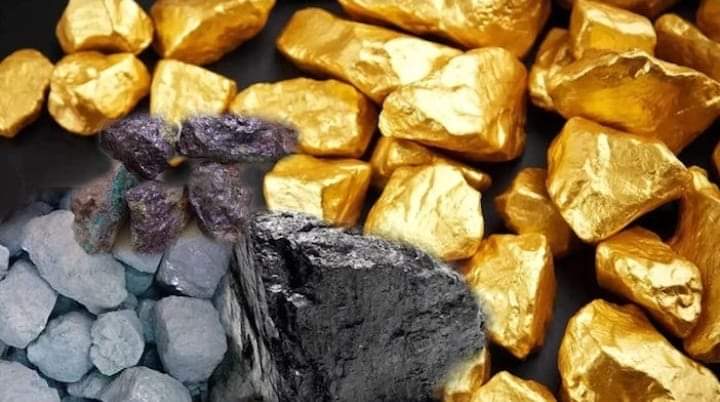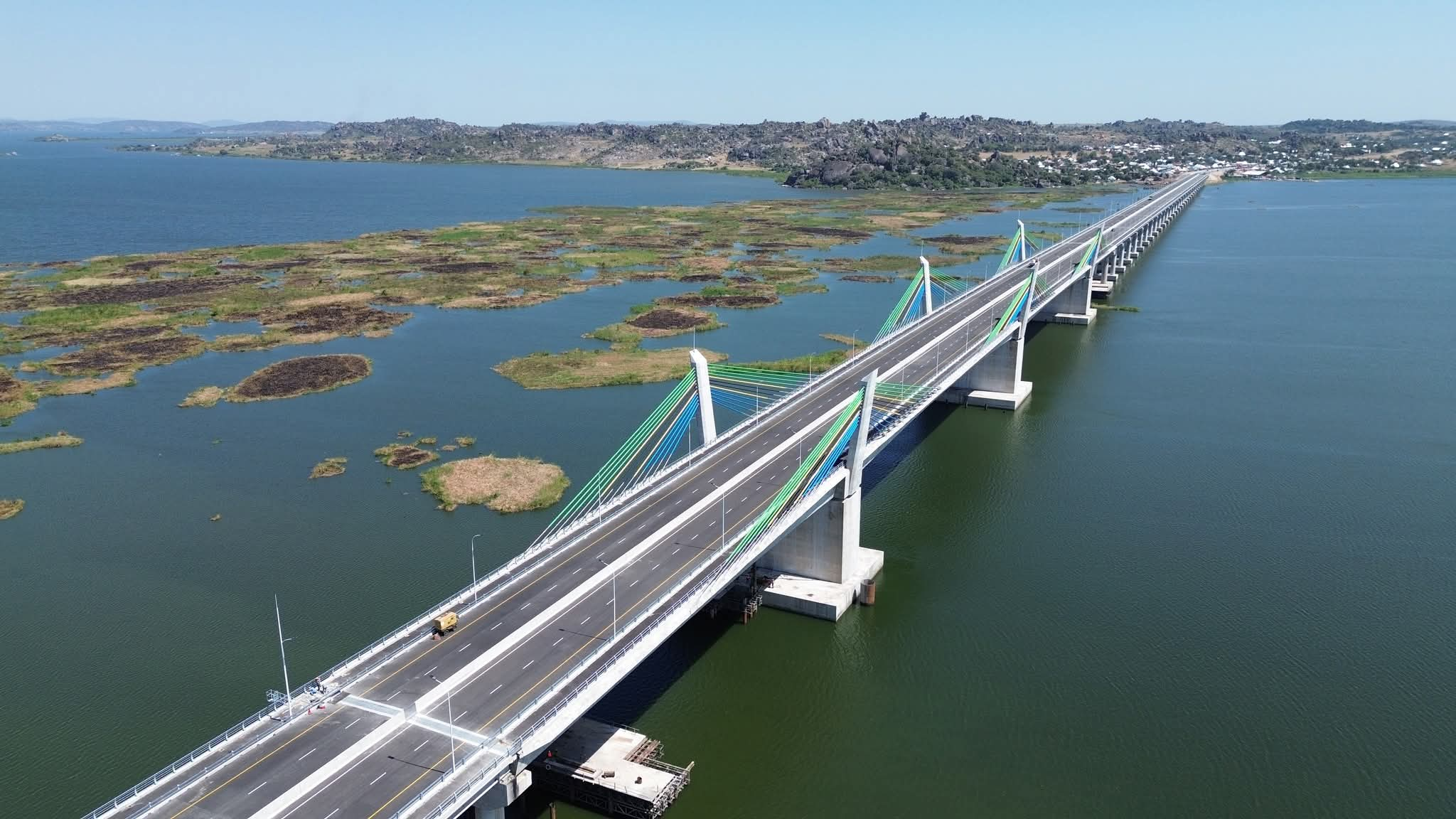MINERALS: Top 10 Mineral Producing Countries in Africa

Did you know that South Africa, Nigeria, Algeria, Angola and Libya produce more than two-thirds of Africa's mineral wealth, according to a new Economist Intelligence Unit report?
Elevated commodity prices are fuelling an export boom across the continent, and high prices for copper, oil, iron ore, aluminium and gas will stoke investments and are all helping to reduce external imbalances, stabilise currencies and boost economic growth. Here are the top 10 mineral producing countries in Africa.
1️⃣ SOUTH AFRICA | Sitting comfortably at the top of the continent's minerals pile is South Africa. Alongside its 35 gold mines, it produces abundant coal, diamonds, iron ore and chromium. What's more, it also contains the world's largest reserves of manganese and platinum group metals. Annual minerals production is $124,963 million.
2️⃣ NIGERIA | The revenues start to jump as we enter 'the big two' in African mining. Alongside its plentiful oil reserves, Nigeria boasts gold, columbite, wolframite, tantalite, bitumen, iron ore and uranium. Incredibly, mining industry remains vastly underdeveloped however - and only accounts for 0.3% of the country’s GDP, indicating huge opportunities in the years ahead. Annual minerals production is $52,678 million.
3️⃣ ALGERIA | Algeria remains mainly underexplored as regards non-hydrocarbons mineral deposits, pointing to major potential opportunities in the mining sector. It is also eyeing opportunities to become a regional hub for hydrogen production. Annual minerals production is $38,699 million.
4️⃣ ANGOLA | Angola is the third largest producer of diamonds in Africa and has only explored 40% of the diamond-rich territory within the country. Gold and oil are other important revenue drivers in the Angolan economy. Annual minerals production is $32,042 million.
5️⃣ Libya | The mining of raw materials is limited mainly to industrial minerals such as clay, cement, salt and limestone. Other mineral reserves consist of potash in the Sirte Desert, magnetite, phosphate rock, and sulfur. Annual minerals production is $27,027 million.
6️⃣ Egypt | Egypt is home to a wealth of mineral resources including gold, copper, silver, zinc, platinum and a number of other precious and base metals. These resources all lie beneath Egypt’s Eastern desert and the Sinai Peninsula. Annual minerals production is $23,225 million.
7️⃣ Ghana | Alongside gold, Ghana is also endowed with deposits of iron ore, limestone, columbite-tantalite, feldspar, quartz and salt, and there are also minor deposits of ilmenite, magnetite and rutile. Annual minerals production is $14,970 million.
8️⃣ Democratic Republic of Congo | The DRC contains untapped gold, diamonds, cobalt and high-grade copper reserves - but equally significant security risks accentuated by a lack of robust infrastructure. Annual minerals production is $13,688 million.
9️⃣ Gabon | Gabon has the second largest deposit of manganese in the world and is currently the world’s third largest producer. The upper-middle-income country on the western coast of Africa also produces iron ore, uranium and gold among other minerals. Annual minerals production is $10,920 million.
🔟 Zimbabwe | Zimbabwe’s mining sector is highly diversified, with close to 40 different minerals, and the predominant minerals include platinum, chrome, gold, coal, and diamonds, which are mainly found in the Chiadzwa area of Manicaland. Annual minerals production is $9,767 million.
Source: Top 10 Mineral Producing Countries in Africa By Dominic Ellis — Mining Digital | Image source: BusinessDay
#penglobalbusiness #minerals


_1755775186.jpg)
